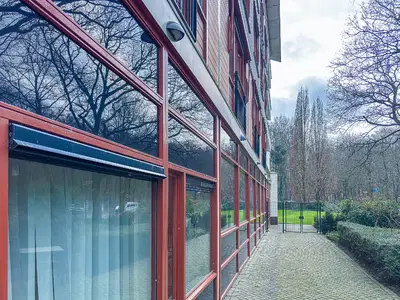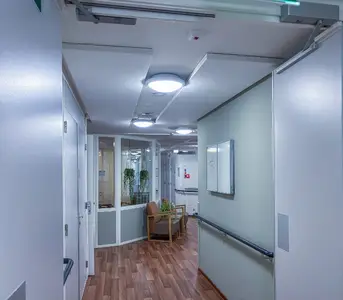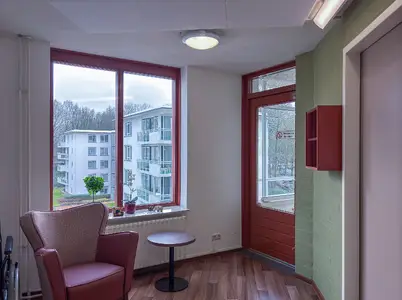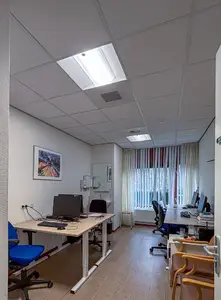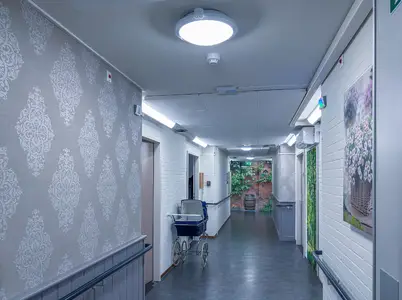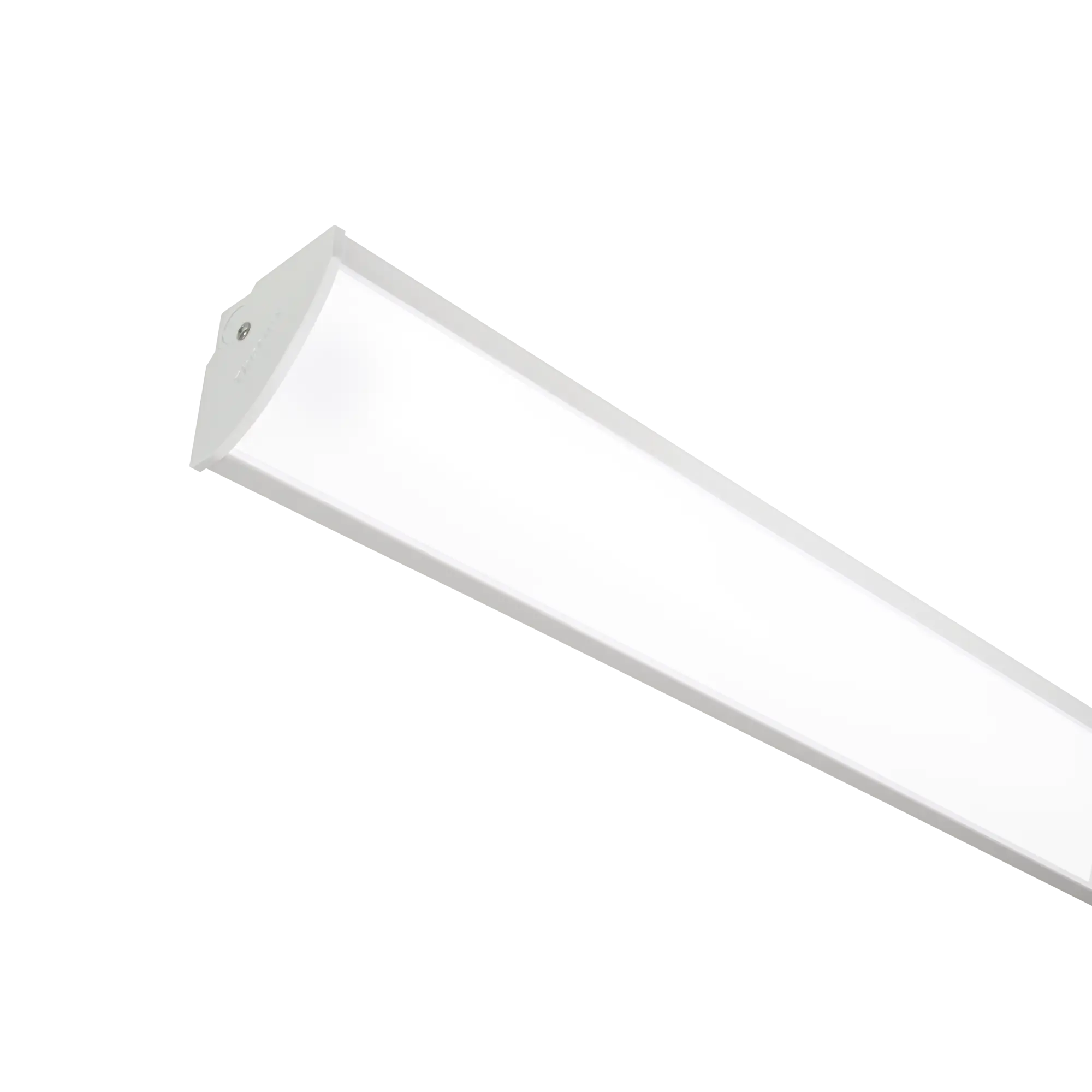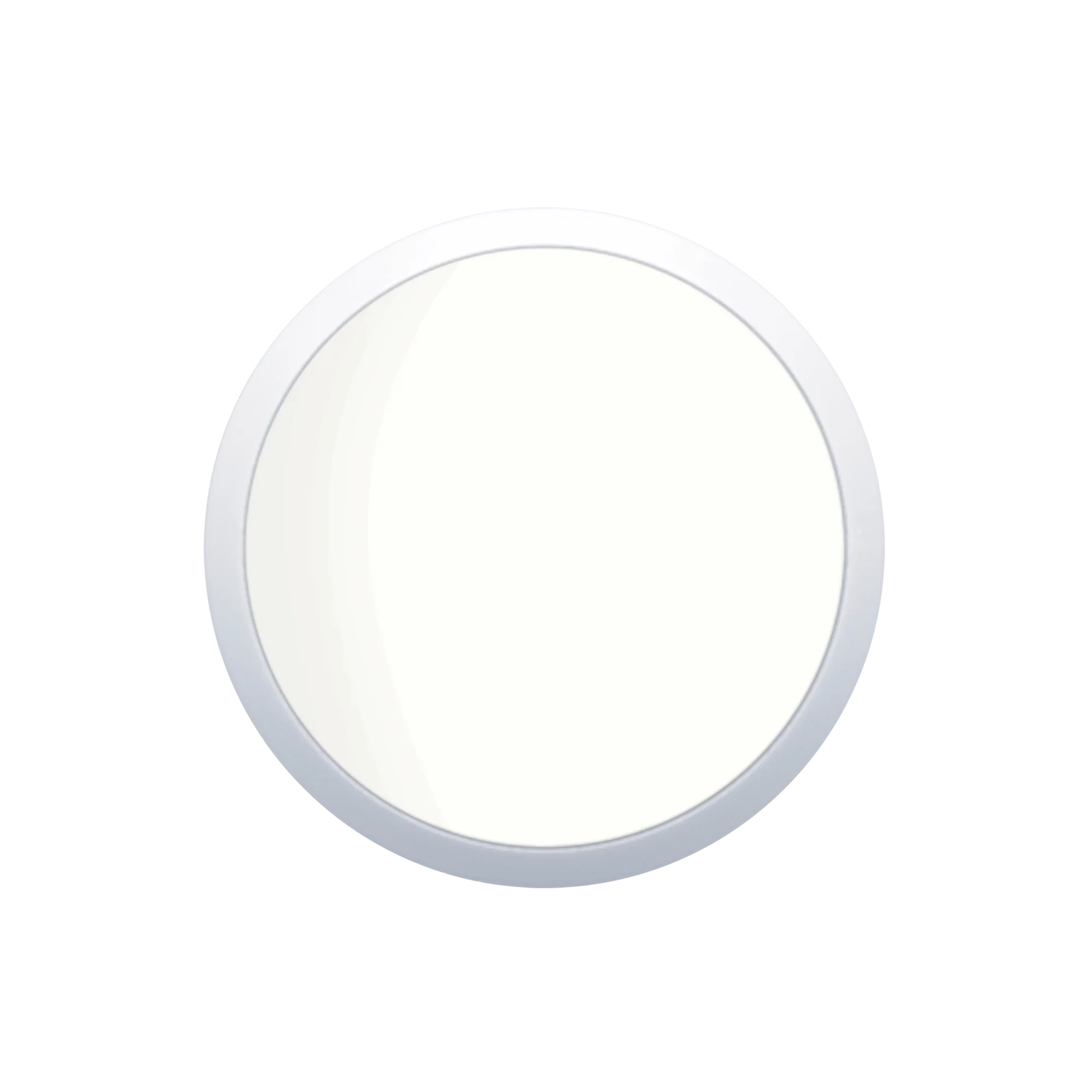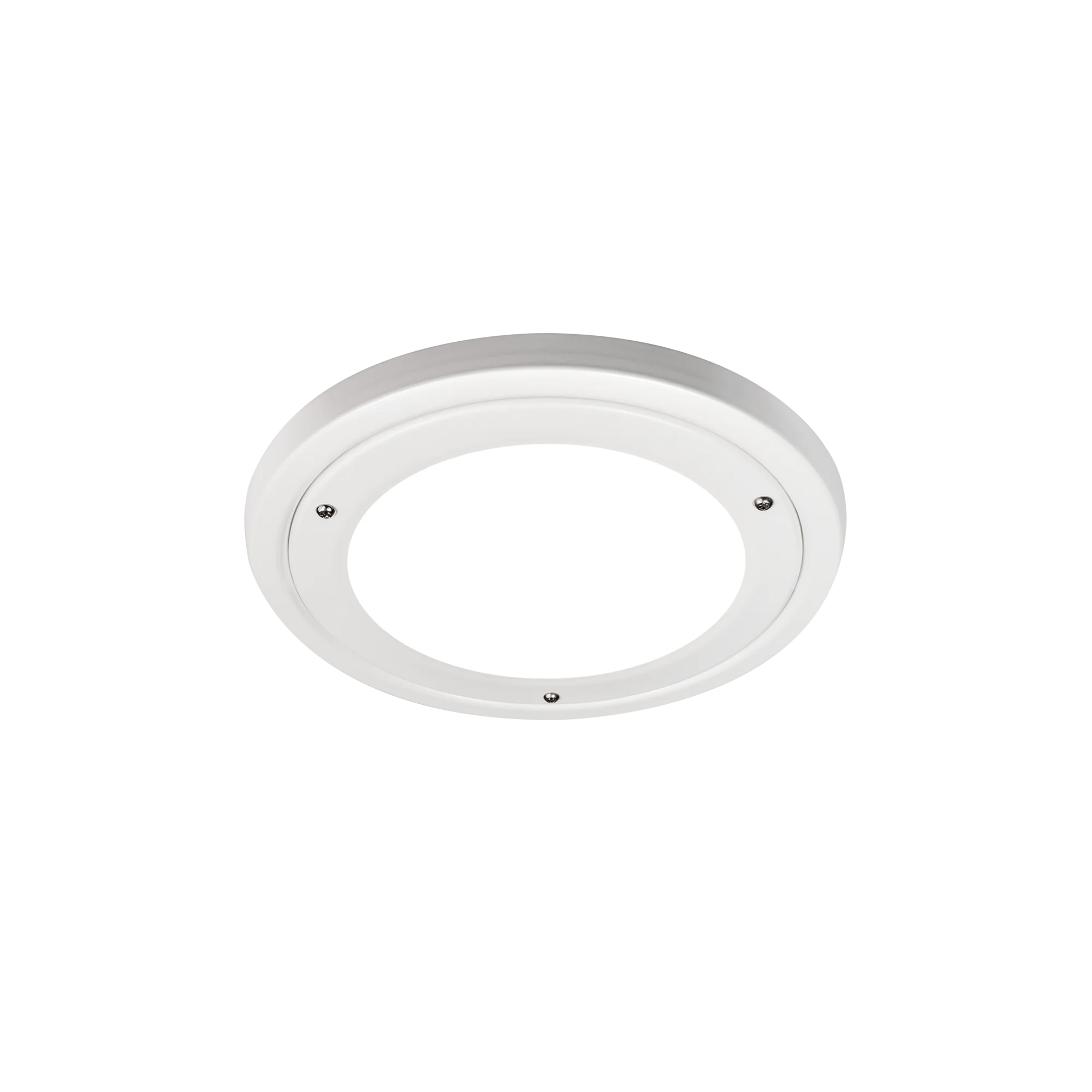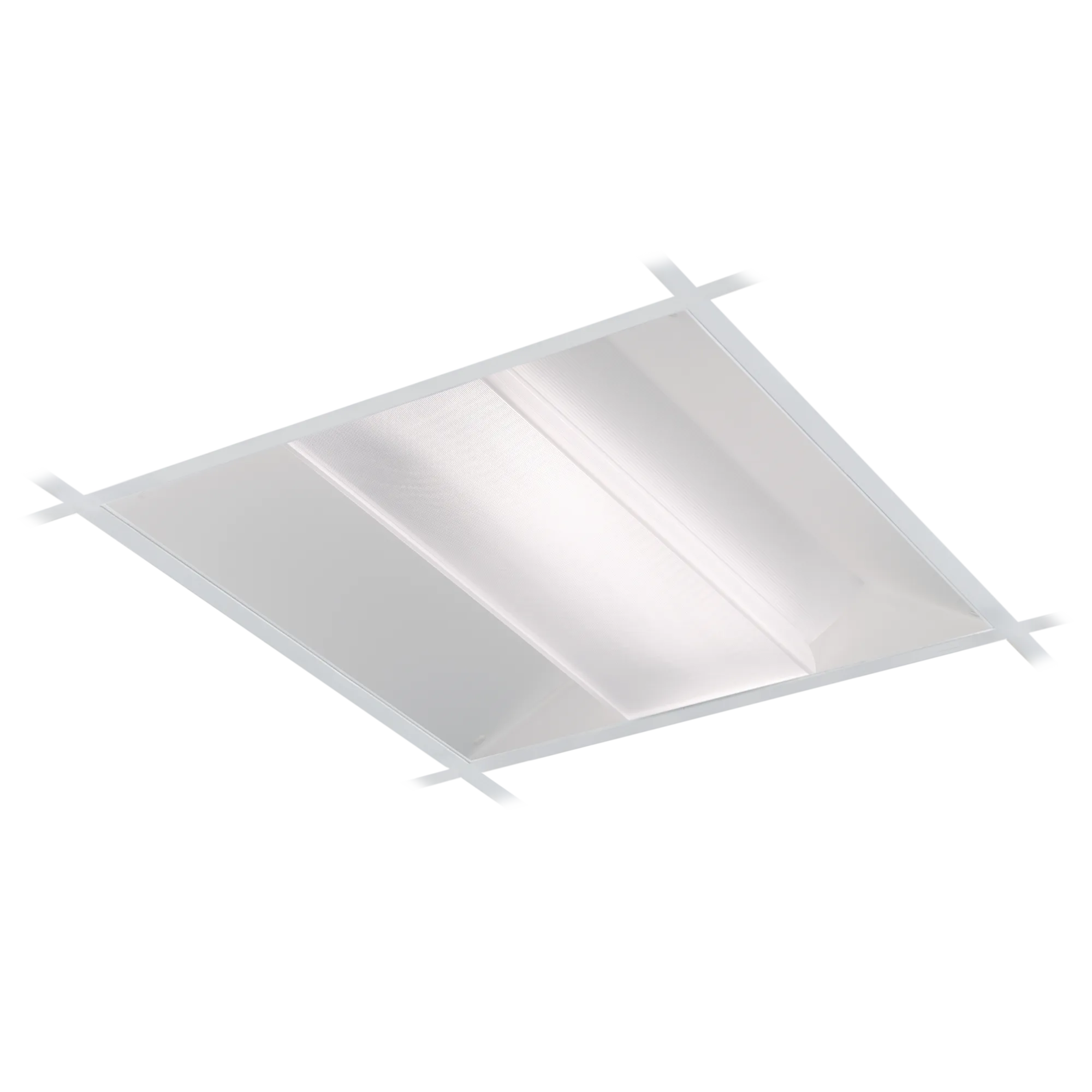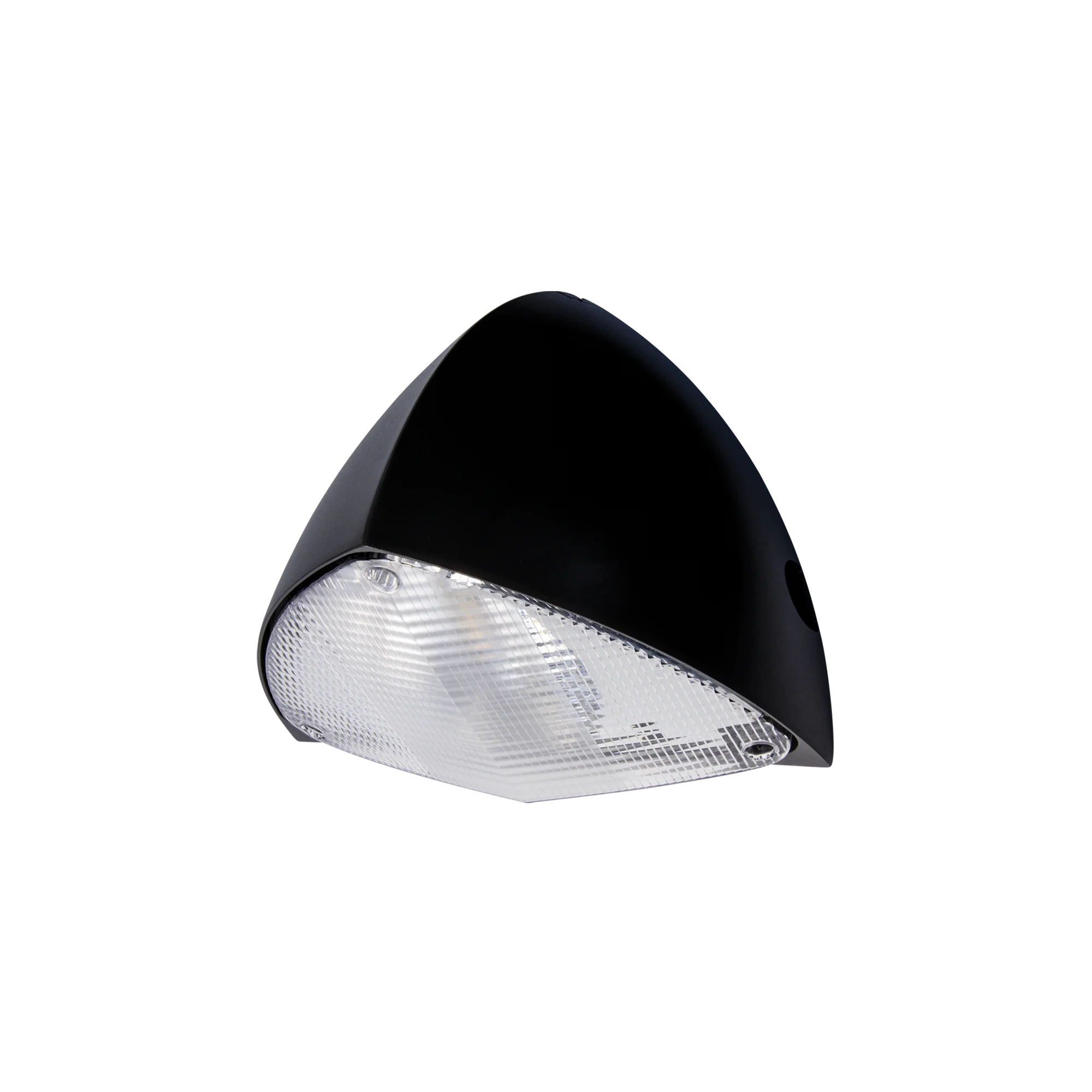Atlant Loohof Nursing Home
Apeldoorn, Netherlands
Atlant Zorggroep is a Dutch residential care organisation supporting people with complex medical and psychiatric conditions. It operates the Atlant Loohof Nursing Home in Apeldoorn, accommodating people with somatic care needs or dementia. Its amenities include a restaurant, a hairdresser, and daily organised activities.
Applications Covered:
The Challenge
As part of a broader sustainability drive within Atlant Zorggroep, the lighting at Loohof has been completely upgraded to an energy-efficient Thorlux SmartScan LED system.
Lighting is crucial to create a pleasant, healthy atmosphere for nursing home residents and staff. Good lighting improves comfort and safety. Additionally, finding a sustainable lighting solution supports the organisation’s environmental goals of increased efficiency and reduced carbon emissions. Selecting Thorlux Lighting - a carbon-neutral manufacturer with an established net-zero target - aligned perfectly with Atlant Zorggroep's goals.
The Solution
The new Smartscan lighting system has significantly improved the light quality in the building while reducing energy consumption.
SmartScan is a highly efficient, wireless communication system linking Thorlux luminaires using sensors that automatically respond to movement and daylight. As a result, lighting only operates when necessary, saving energy and extending luminaire lifespans.
The intuitive online interface means facility managers can easily monitor and adjust the installation, accessing key data such as energy usage and CO₂ emissions. The system also provides real-time insights into maintenance needs and lighting performance.
Managers can also apply custom settings, such as dimming the lights during TV time, keeping a low light on wards at night, or boosting brightness during cleaning. SmartScan caters to these needs with pre-set lighting scenes.
For this project, SmartScan ColourActive luminaires were also implemented in specific areas, allowing scheduled light colour temperature adjustments. Using colour temperature-changing luminaires to mimic the daylight cycle may positively affect the circadian rhythms of dementia patients, helping to put them at ease.
